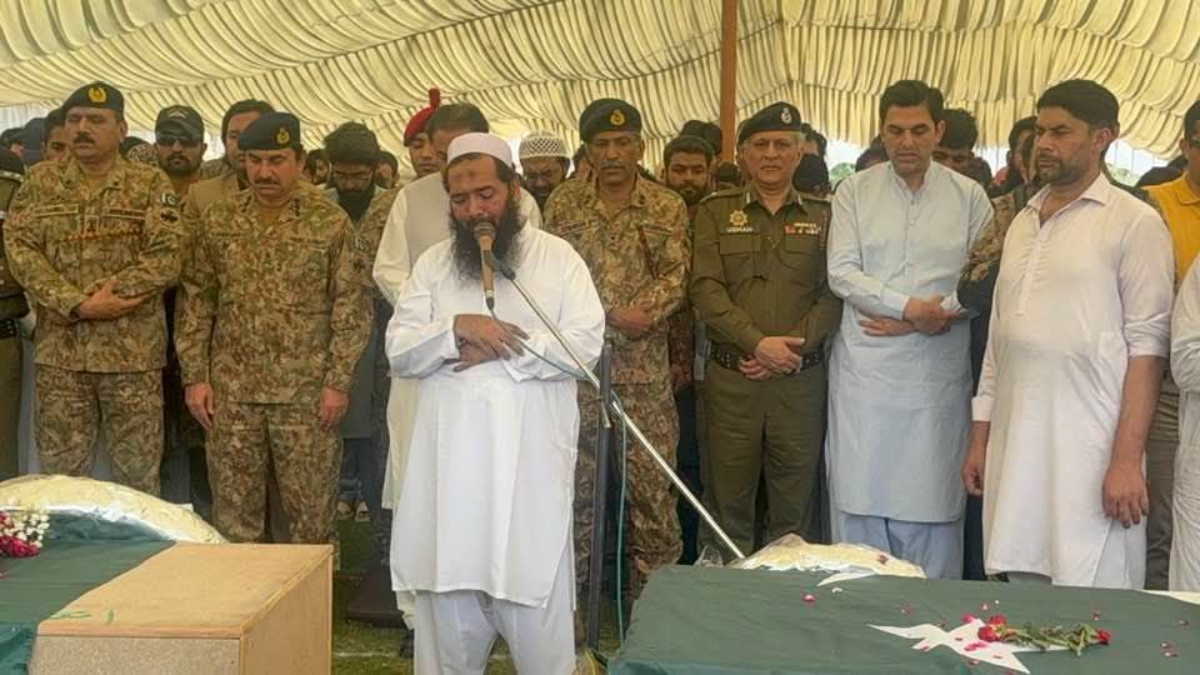In a striking diplomatic message delivered in the South Korean capital, Indian Member of Parliament Abhishek Banerjee warned that any international support to Pakistan amounted to endorsing terrorism, invoking a chilling metaphor once used by Hillary Clinton to describe Pakistan’s duplicity in the fight against terror.
Speaking as part of an all-party Indian parliamentary delegation visiting Seoul, Banerjee accused Pakistan of “breeding snakes in its backyard,” a phrase the former US Secretary of State had used in 2011 to describe Islamabad’s strategy of fostering militant groups like the Haqqani network while denying its role in regional instability.
The delegation, led by Janata Dal (United) MP Sanjay Jha, met with Yun Ho-jung, Chairperson of the Korea-India Parliamentary Friendship Group, and representatives from South Korean think tanks. Their purpose was to brief them on Operation Sindoor, India’s retaliatory air campaign earlier this month against Pakistan-based terror infrastructure following the April 22 Pahalgam attack that killed 26 civilians and police personnel.
Banerjee, a senior leader from the Trinamool Congress, minced no words. “Breeding a snake in your backyard and expecting it to bite only your neighbour is the last thing one should think of. Once that snake is unleashed, it will bite whoever it can. A snake remains a snake,” he said.
The phrasing was a clear echo of Clinton’s 2011 warning, issued in Islamabad shortly after the killing of Osama bin Laden in Pakistan’s garrison city of Abbottabad. Speaking to Pakistani authorities, Clinton had declared: “You can’t keep snakes in your backyard and expect them only to bite your neighbors,” in reference to Pakistan’s alleged patronage of militant groups.
Impact Shorts
More ShortsBanerjee’s remarks in Seoul sought to expose what he called the duplicity of the Pakistani state. “Pakistan has been harbouring, shielding and sheltering terrorists. From 9/11 to 26/11, from Uri to Pahalgam, terror attacks have followed a consistent pattern — and the fingerprints have consistently pointed to Pakistan,” he said.
He added that India had waited two weeks after the Pahalgam killings before launching Operation Sindoor, which he said was “surgical and precise,” destroying nine terror camps without harming civilians. “This is what India is — firm in resolve, yet honourable in action,” he declared.
India has sought to internationalise the impact of the Pahalgam massacre, sending delegations to several capitals in what New Delhi calls a campaign to expose Pakistan’s role in global terror networks. Banerjee reminded his hosts that victims of the 2008 Mumbai attacks included citizens from 26 different countries. “This is not just India’s problem. It is a global imperative,” he said.
He also cited the irony of senior Pakistani military officials attending the funerals of terrorists killed in Indian airstrikes, images of which circulated in the public domain. “These were individuals actively involved in terrorism, and their mourners included Pakistan’s uniformed elite,” he said.
Banerjee’s remarks carried additional cultural symbolism. “I come from the land of Rabindranath Tagore,” he said, referring to the poet whose work is included in South Korean school textbooks. He said India’s message had always been one of peace and humanity, “but when our hand is forced, we will respond.”
The Indian delegation’s statements are part of a broader shift in India’s external messaging on terrorism — blunter, more global, and increasingly direct. It also reflects a growing effort to shape the international narrative, particularly in Asia, by linking Pakistan’s actions with broader security threats.
Back in 2011, Clinton’s snake metaphor had drawn sharp rebuke from Pakistan, but it stuck. Today, as India repurposes it, the context may be different, but the warning remains the same: turning a blind eye to terror groups for geopolitical leverage is a dangerous gamble — one that sooner or later turns on its handler.


)

)
)
)
)
)
)
)
)



